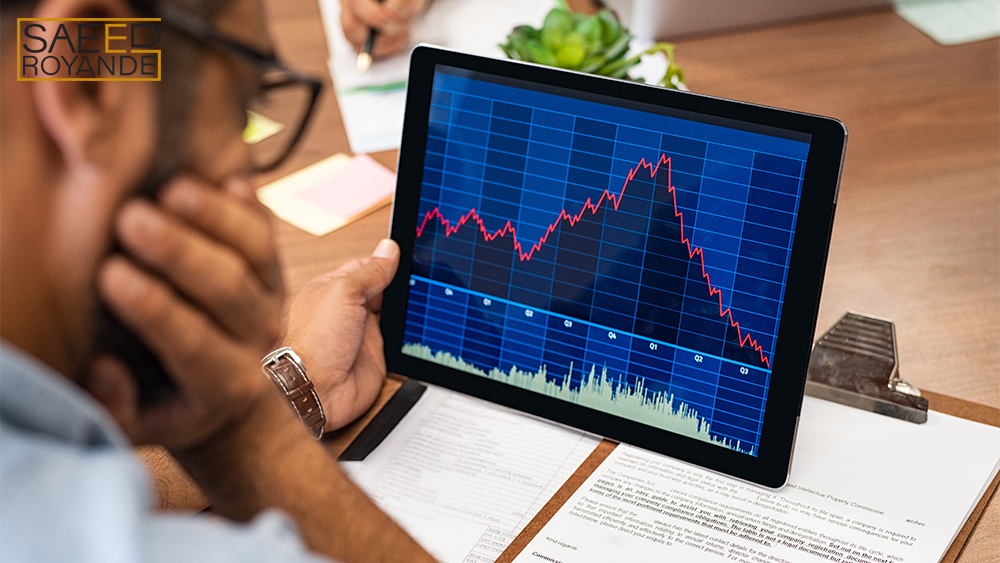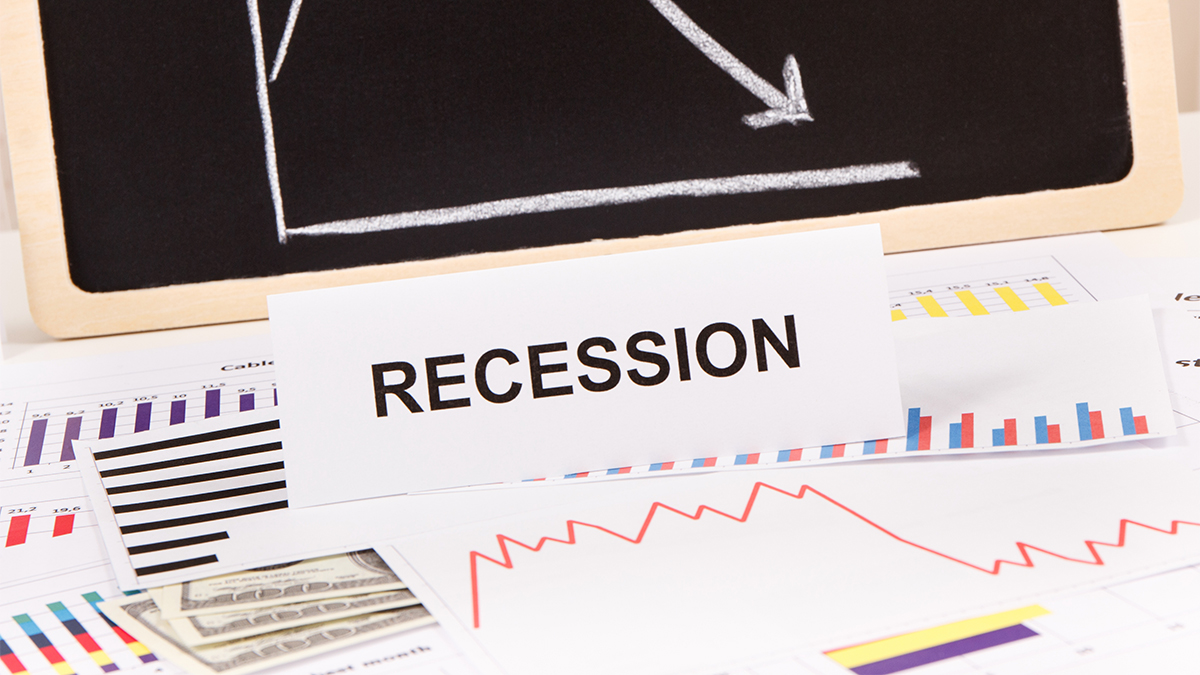When an economic recession occurs, a large fall in activity is dispersed across the economy that lasts more than a few months. According to some economists, businesses stop expanding, the GDP declines for two consecutive quarters and the unemployment rate rises as a symptom of an economic recession. Uncertainty and clarity about the causes and nature of recessions exist at once. In essence, an economic recession is a conglomeration of company failures that occur all at the same time. To stay afloat, companies are being pushed to reallocate resources, reduce production, and avoid going bankrupt, all of which need layoffs.
What causes economic recession?
The economic recession has happened in the past, and it may happen again, which is why economists try to find the reasons and how to avoid it. An economic recession can be attributed to the following factors:
Hyperinflation
Hyperinflation happens when the government allows inflationary pressure to build up in the economy by printing excessive money, which results in a gradual rise in the price of commodities and services. Economic slowdowns necessitate the creation of money and credit by the government. At times, hyperinflation develops when the government fails to keep up with rising prices, resulting in a rise in interest rates.

Stock market crash
Stagflation
Slowing economic growth and rising inflation are known as stagflation, and the term is often used in most financial education courses. Since the methods used to reduce inflation may increase unemployment to excessively high levels, this economic condition poses a problem for policymakers. Stagflation and its repercussions on the economy could persist for years or decades. Stagflation occurred in the United States during the 1960s and 1970s. During this time, economic development was slow, and inflation peaked at 13% per year, while the UK’s inflation rate reached 20% per year. Stagflation is difficult to control, and governments must spend a lot of money to put the economy back into equilibrium.
Crash of the stock market
When investors lose faith in the stock market, and stock values fall dramatically, a stock market collapse happens. When the stock market crashes, it triggers a bear market (in which prices fall by at least 20% from their recent highs to new lows) and depletes companies’ cash reserves. When stock prices continue to rise over an extended period of time, price-earnings ratios surpass long-term norms, and excessive margin debt is used by market players, a market crash occurs.

Company surviving economic crisis
Reduction in business and economic confidence
When consumers experience a decline in confidence, they tend to stop purchasing altogether and go into a defensive mode. When a large number of people begin to make their way out of the building, chaos ensues. Businesses post fewer job openings, and the economy creates fewer jobs as a result of this trend. The retail industry is experiencing a slowdown. Unemployment increases as a result of manufacturers making cuts in response to weakening demand. To restore confidence, the federal government and the central bank must intervene.
Psychological factors of an economic recession
Economists commonly point to psychological factors as a cause of the economic recession. During the boom years, the economy reaches its apex due to investors’ excessive optimism. After a market fall, pessimism sets in that, at the very least, increase the impact of genuine economic and financial causes. When it comes to a downturn, investors’ and firms’ and consumers’ subjective expectations might play a role in the beginning and spread of an economic slump.

Economical crisis strikes the company
What causes interest rates to fall during an economic recession?
Because central banks utilize monetary policy to stimulate growth during recessions, interest rates may fall. In order to encourage people with money to invest rather than keep it in a bank account, the interest rate on savings accounts should be reduced. The greater safety of bonds is another reason why interest rates fall during a recession. This purchasing pressure can lower interest rates.


